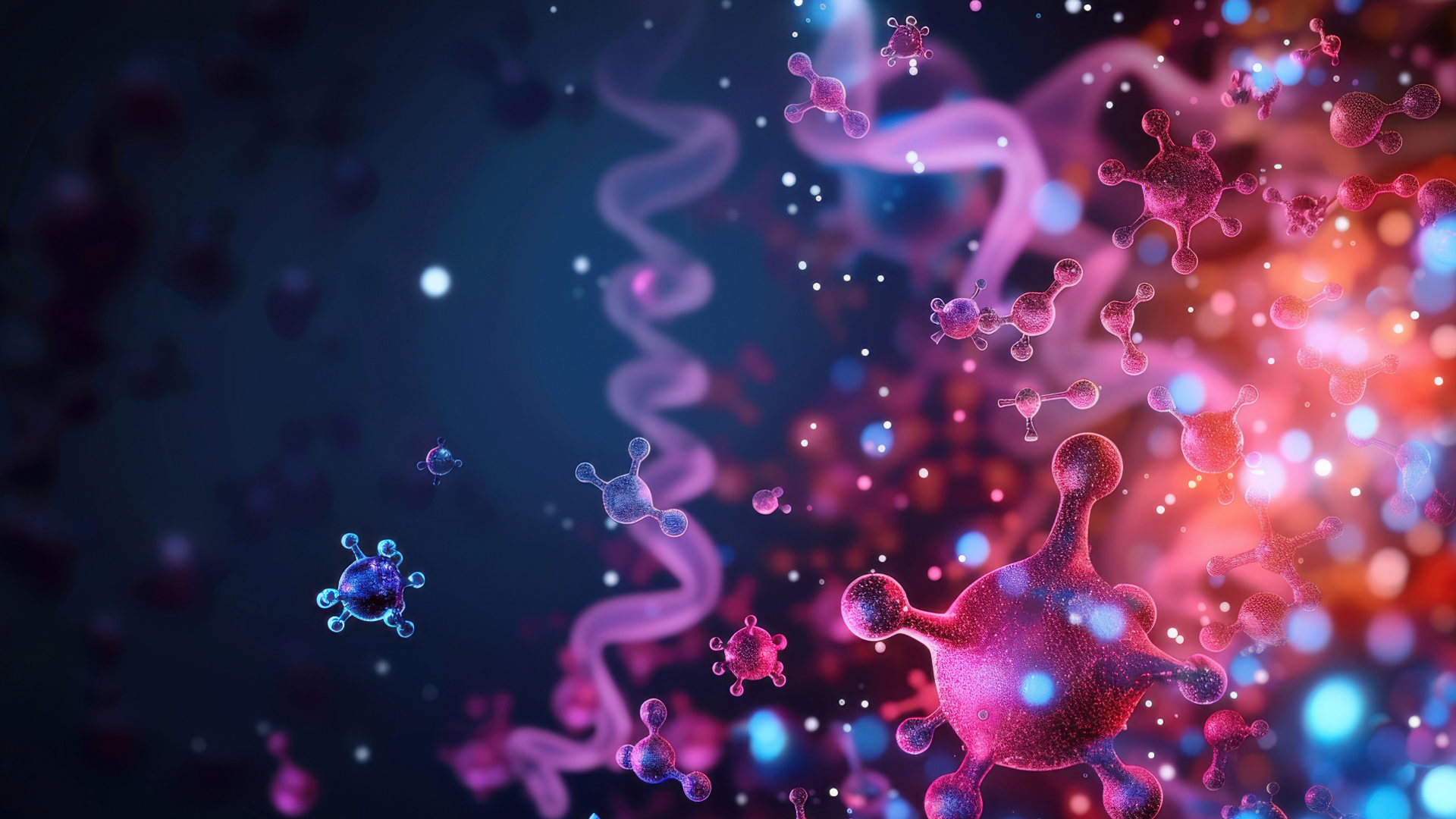Understanding the Role of DHEA and DHEA-S in Brain Health
Everything we do, feel, or think starts with our brain. Maintaining a healthy brain is essential for overall well-being, and a key player in this process is a group of steroid molecules known as neurosteroids. These molecules, particularly DHEA and its sulfated form DHEA-S, play crucial roles in brain health and aging.
What Are Neurosteroids?
Neurosteroids are cholesterol-derived steroid compounds that are produced within the brain and have important functions in the nervous system’s development, maintenance, and survival. They help regulate mood, cognitive functions, and the stress response, making them vital for mental health.
DHEA and DHEA-S: The “Anti-Aging” Hormones
DHEA (dehydroepiandrosterone) and DHEA-S (dehydroepiandrosterone sulfate) are among the most abundant steroid hormones in the body. They are produced by the adrenal glands, brain, ovaries, and testes and act as precursors to major sex hormones like estrogen and testosterone. Often referred to as the “anti-aging hormone,” DHEA supports a sense of well-being and vitality.
Decline of DHEA Levels with Age
DHEA and DHEA-S levels peak in the mid-twenties and gradually decline with age, dropping to about 20% of their peak levels by age 70. This decline leaves the brain more vulnerable to damage and contributes to neurodegenerative diseases. As DHEA-S levels fall, cortisol levels often remain steady, leading to an imbalance that can negatively impact brain health, particularly in areas like the hippocampus, which is crucial for memory and cognitive function.
The Importance of Measuring DHEA-S
DHEA-S is a more stable indicator of overall adrenal activity and stress levels than DHEA because it has a longer half-life and does not fluctuate daily. Measuring DHEA-S levels can provide a clearer picture of a person’s long-term hormone balance and help in diagnosing conditions related to androgen deficiency or excess.
Impact of DHEA and DHEA-S on the Central Nervous System
Both DHEA and DHEA-S have significant effects on the brain. They are involved in neurotransmitter regulation, affecting dopamine, serotonin, glutamate, and GABA systems, which are crucial for mood regulation and cognitive function. Higher levels of DHEA-S are associated with better cognitive health and lower levels of psychological distress, including conditions like depression, anxiety, and PTSD.
Treatment and Supplementation
DHEA is available over the counter, but its use should ideally be guided by medical advice to avoid potential side effects. Depending on individual needs and biochemistry, DHEA can be administered orally, topically, or sublingually, each method having different impacts on how much DHEA reaches the brain and other tissues.
Conclusion
Neurosteroids like DHEA and DHEA-S are vital for maintaining brain health and protecting against age-related decline. Understanding their role and how to balance them through proper supplementation can significantly impact overall well-being and cognitive function as we age.








